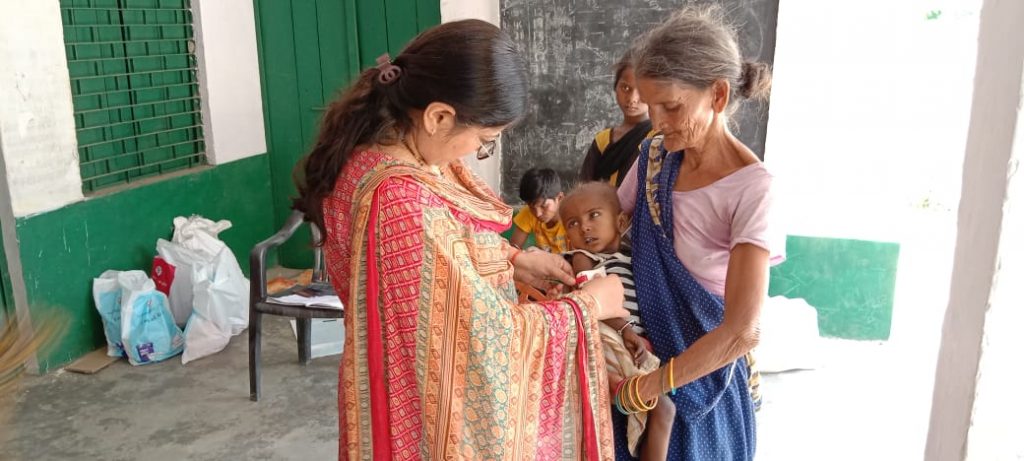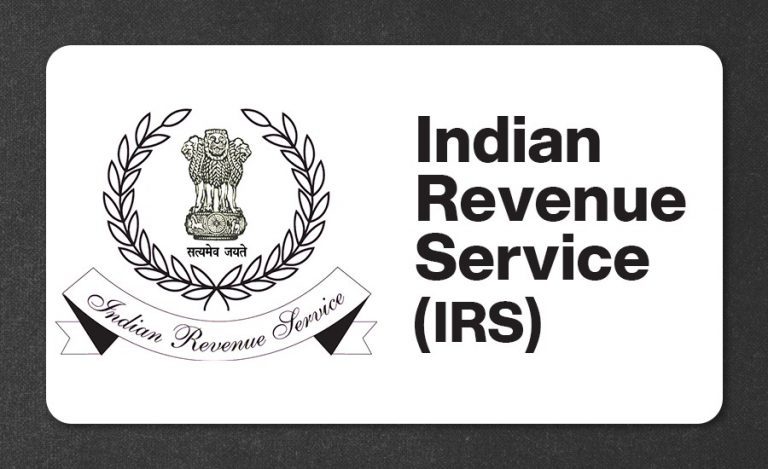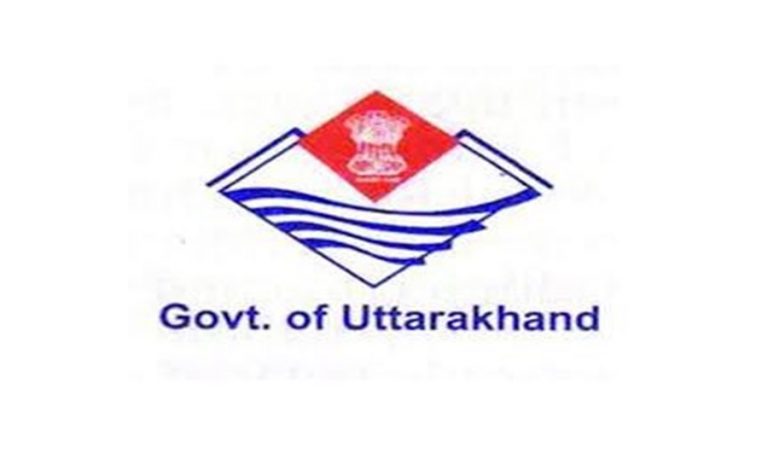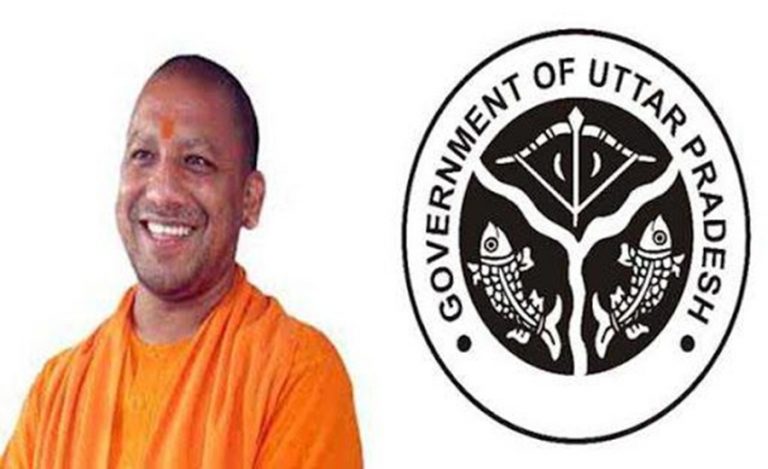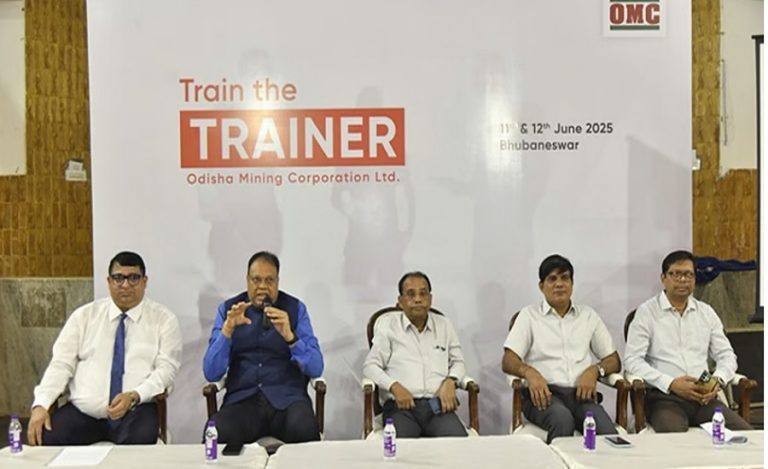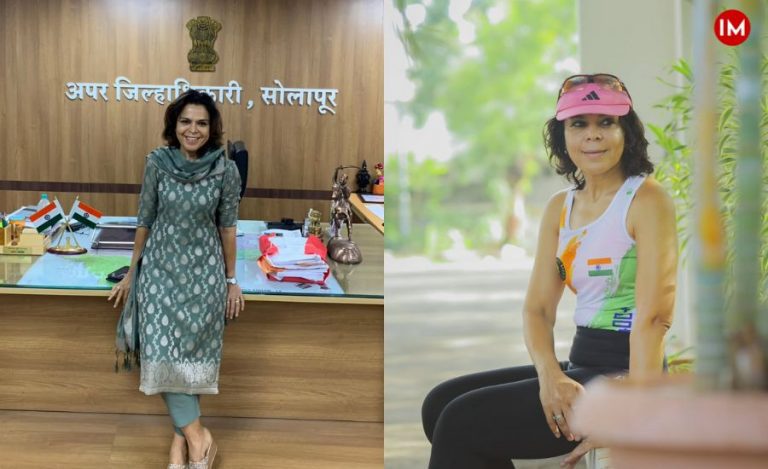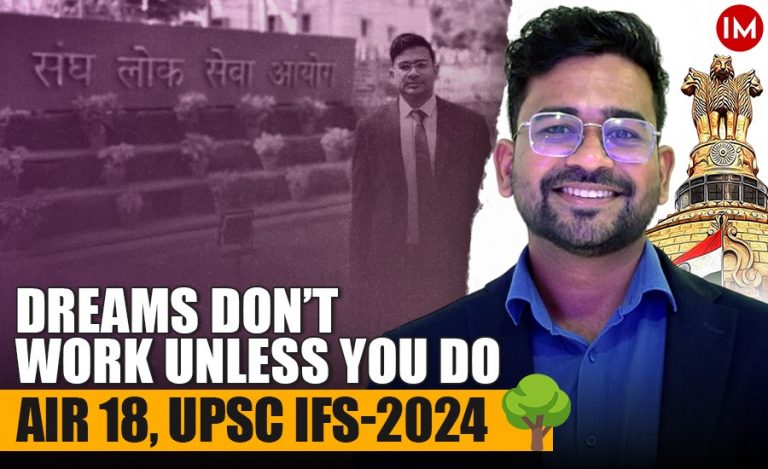Malnutrition among children remains a critical issue in many rural parts of India. The situation is exacerbated by poverty, lack of education, and inadequate healthcare facilities. In the region of Lakhimpur Kheri, under District Magistrate (DM) Mahendra Bahadur Singh’s jurisdiction, the issue was dire, with significant numbers of children suffering from severe and moderate malnutrition. However, through the innovative initiative “Sampoorn Suposhan Abhiyan,” District Magistrate and his team have made substantial strides in combating this issue, bringing hope and health to countless families.
Speaking with Indian Masterminds, Mr. Singh shared about his noble initiative in detail.
The Situation Before the Initiative
Before the intervention, the malnutrition crisis in the region was alarming. Tribal populations living in remote forest areas faced numerous challenges, including poor health infrastructure, lack of education, and high levels of poverty. These factors significantly impacted the health and nutrition of women and children. Specifically, there was a high prevalence of severe and moderate malnutrition among children aged 0-6 years, largely due to neglect and lack of awareness about proper nutrition.
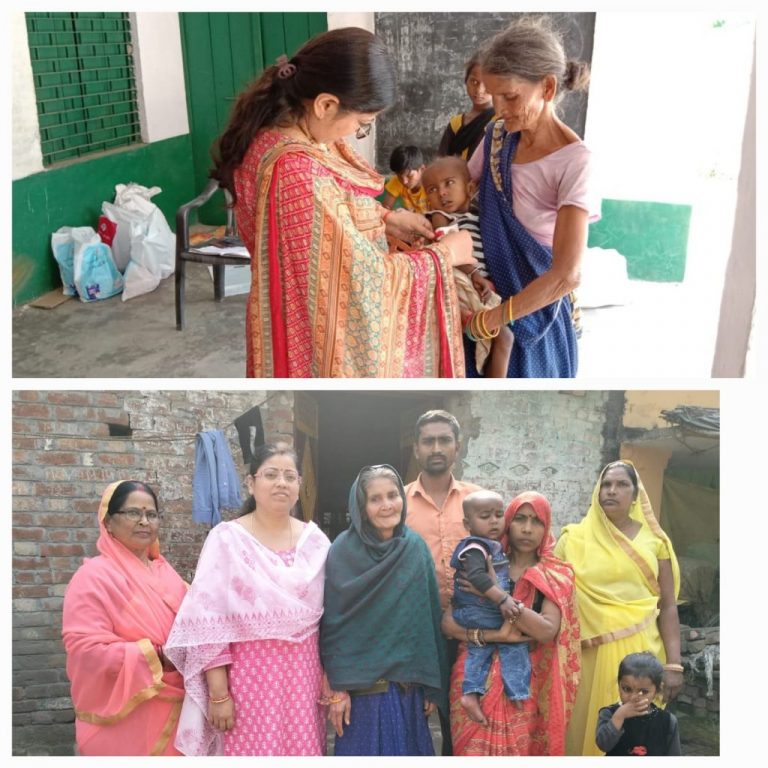
The Initiative: Poshan Abhinav Pahal
“In March 2022, we launched the “Sampoorn Suposhan Abhiyan” initiative with the primary goal of eradicating malnutrition through community engagement,” the officer shared. This initiative focused on a three-tiered approach:
1. Identification and Management: Initially, 1081 severely malnourished (SAM) and 11770 moderately malnourished (MAM) children were identified. These children were provided with necessary nutrition and healthcare support at the local level. Regular monitoring and management were ensured through the establishment of nutrition and health monitoring posts.
2. Community Involvement: The program involved local community leaders and government officials at district, block, and village levels, who adopted the malnourished children to ensure their consistent care and nutrition. “This adoption program significantly contributed to reducing malnutrition rates as it personalized the care for each child,” Mr. Singh Shared with Indian Masterminds.
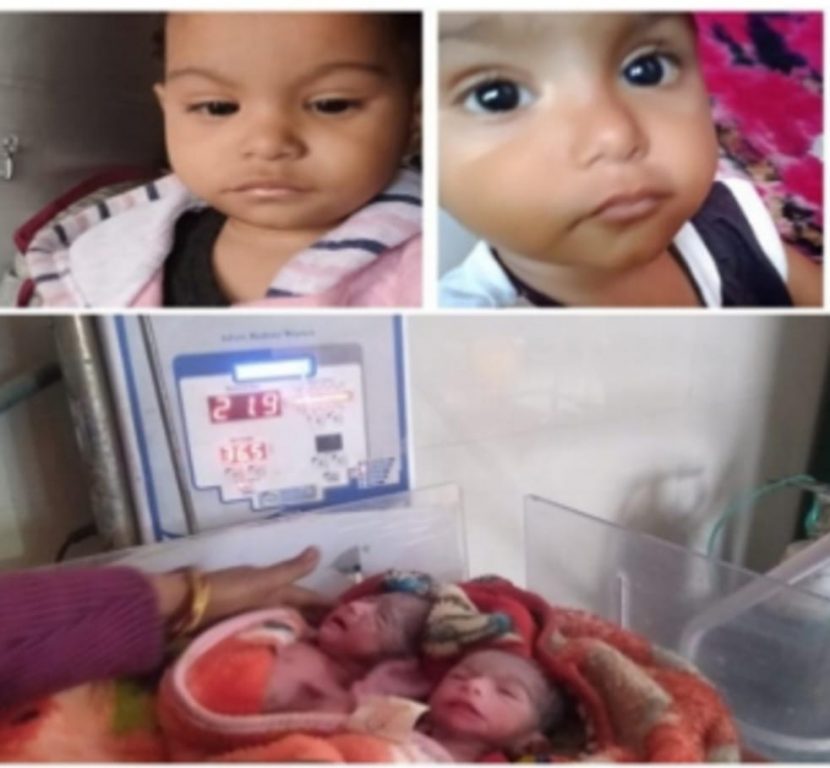
3. Sustained Nutrition and Education: To prevent future cases of malnutrition, the initiative also emphasized continuous nutritional education for families. Mothers were educated about balanced diets, proper feeding practices, and hygiene to maintain their children’s health. This educational campaign was critical in changing long-term habits and ensuring that children continued to receive proper nutrition even after the initial intervention.
Challenges Faced
Implementing such a comprehensive initiative was not without challenges. The team faced resistance from parents who were often more focused on earning a livelihood than on the nutritional needs of their children. Additionally, there was skepticism about the program’s benefits and a general lack of awareness regarding hygiene and nutrition. Transporting malnourished children to healthcare centers was also difficult due to the region’s challenging terrain. Despite these hurdles, persistent efforts and community engagement helped overcome these obstacles.
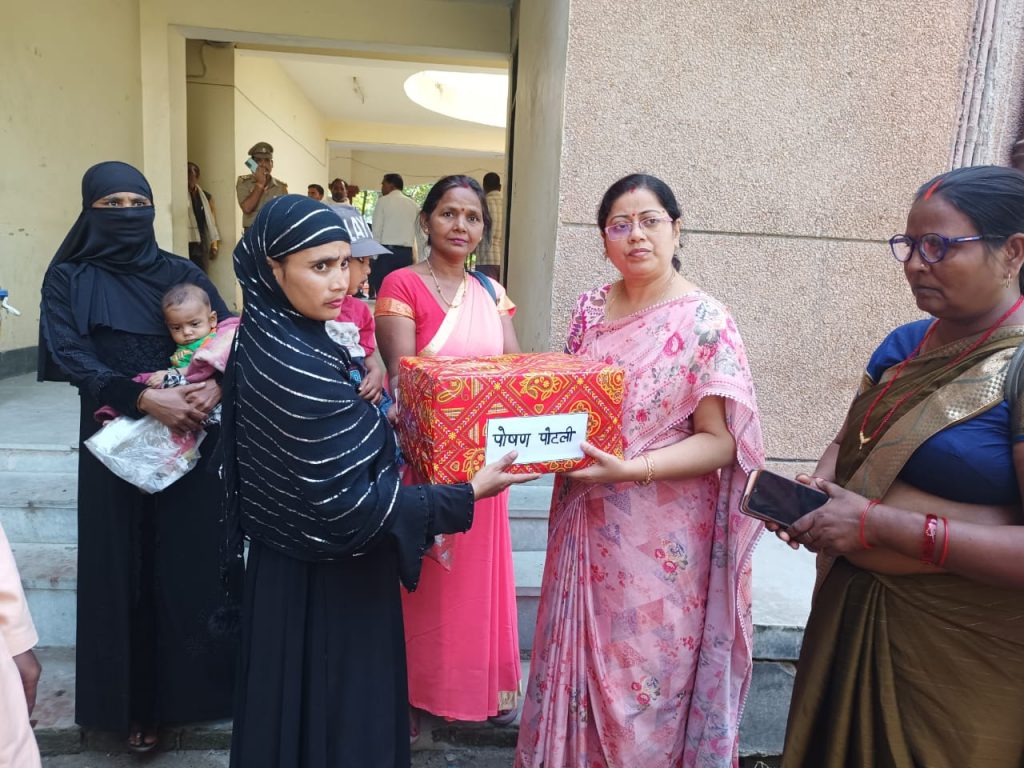
Impact and Current Situation
The impact of the “Sampoorn Suposhan Abhiyan” initiative has been remarkable. Today, the village where the program was piloted no longer has any children categorized as severely malnourished. “The number of malnourished children has significantly decreased, with 1081 SAM and 11770 MAM children now free from malnutrition. Regular health check-ups and continuous support ensure that these children remain healthy.”
Future Plans
Building on this success, the initiative plans to continue educating families about nutrition to sustain the improvements achieved. The goal is to ensure that children aged 0-6 receive continuous care and monitoring to prevent malnutrition from reoccurring. The program will also expand to include more villages, leveraging the lessons learned to replicate success across the region.
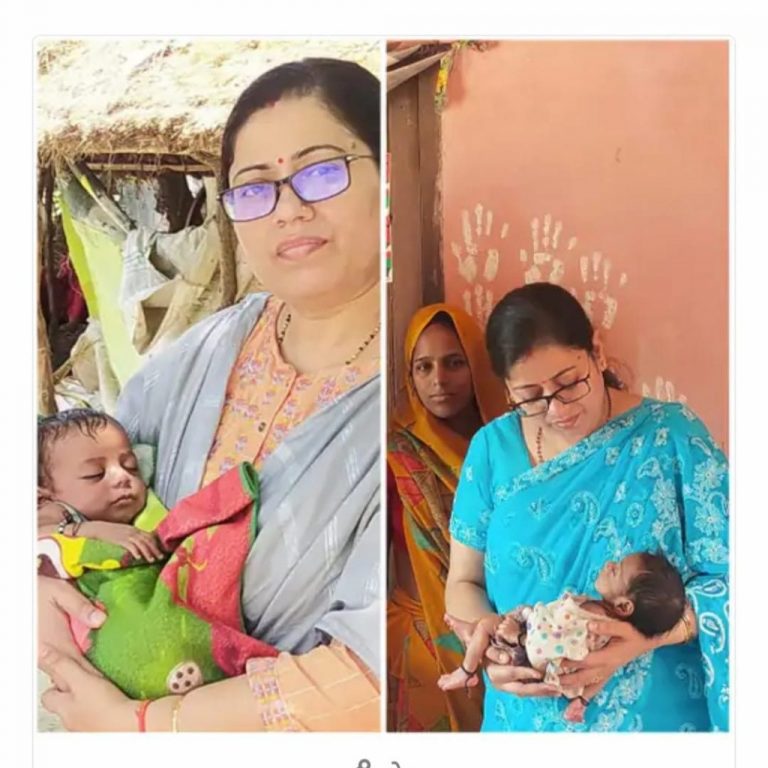
The initiative showcases how targeted, community-driven efforts can transform lives. By addressing malnutrition through a comprehensive and sustainable approach, DM Mahendra Bahadur Singh and his team have set a benchmark in public health intervention. This initiative not only provides immediate relief but also empowers communities with the knowledge and resources to sustain their children’s health, paving the way for a healthier future.

